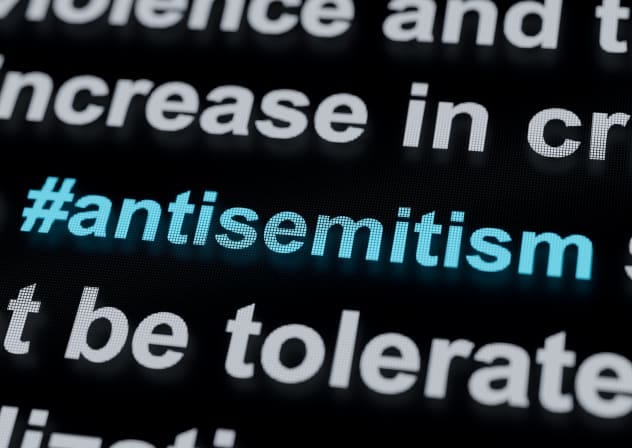Antisemitism is booming – and Big Tech loves it - opinion
Inside the algorithmic double standard that lets Jew-hate spread unchecked.

Inside the algorithmic double standard that lets Jew-hate spread unchecked.




Synagogues must decide whether to comply with ICE's terms tied to DHS security grants or uphold their values by refusing to cooperate with enforcement actions.

The authorities tell us that Jeffrey Epstein is dead, but the conditions that allowed him to thrive are very much alive.

American Jewish leaders, teachers, rabbis, and parents must go back to basics – learning what Zionism means, then teaching it to the next generation.

For today’s adolescents, the question is not how to cope with a single crisis, but how to live in a world where the next one is always possible.

The road to that peace must be paved by Israelis and Palestinians who are courageous enough to stand up together.

Being perfect is a heavy burden for most, but not for Donald Trump, who has compared himself to Jesus and claimed to be God’s chosen emissary on Earth.

Yoram Hazony’s speech, for all its sophistication, asks Jews to bow to antisemitic nationalists.

If competition and autonomy transformed Israeli healthcare into a global model, why does education remain trapped in centralized failure?

The Abraham Accords were about strengthening technological and economic collaboration – positioning for an era when innovation, not oil, would define regional power.

At this moment in Israel’s history, standing with the most vulnerable is not charity: It is an expression of solidarity and a choice about the kind of society we are determined to build.
